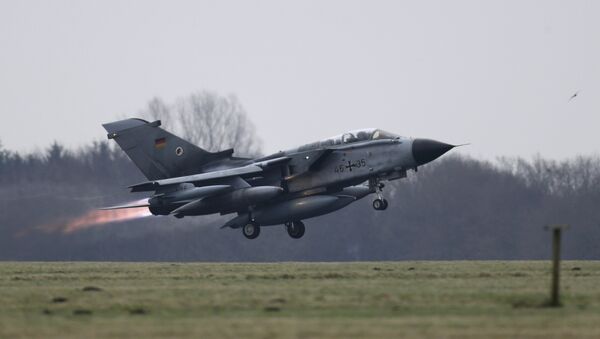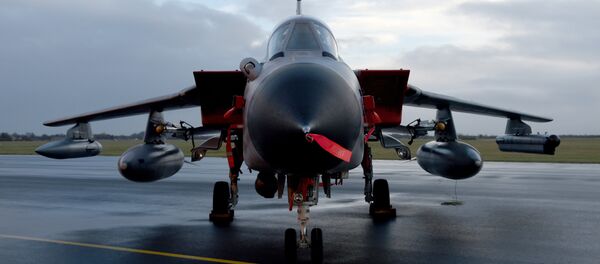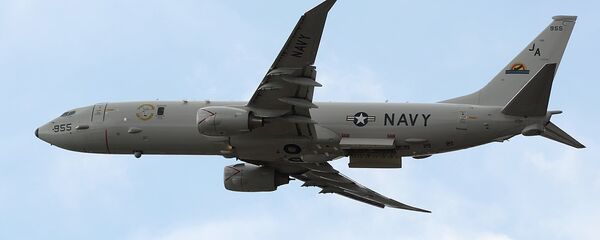The aircraft aren't expected to be night-ready until after 2018. German defense officials blamed the delay on a staffing shortage at the government office charged with certifying the technology as ready for deployment.
Media reports in January 2016 stated that the five German Tornados tasked with reconnaissance over Syria and Iraq as part of the US-led coalition against Daesh were unable to fly at night. Then, a photograph emerged showing a pilot in a Tornado cockpit wearing light amplification goggles. The issue was considered at least partially resolved.
A German Defense Ministry spokesperson told AFP at that time that they hoped to resolve the issue in just two weeks.
Tobias Lindner, a Green Party member of Germany's Parliament on a committee that oversees the military, told Defense News, "The problems with the Tornadoes' night-vision capability have been known for a long time… the Defense Ministry is unable to get these kinds of problems under control."
The Tornado aircraft were developed jointly by Italy, the United Kingdom and West Germany during the Cold War, but new ones have not been produced since 1998. Germany's Tornados hold a particularly important role, however: they're tasked with deploying America's nuclear weapons for NATO in the event of a conflict of that nature. However, Germany's planes never received the crucial overhaul given to the British Royal Air Force's Tornados, which included night vision devices.
On March 31 of this year, news emerged about a confidential report from the German Defense Ministry that stated that the German Tornadoes were incapable of joining further NATO missions. They had been doing surveillance missions over Syria, but as they do not possess an encrypted communication system, all the intelligence the planes gather remains vulnerable to interception.
Germany is currently in the market for new fighter jets, but as Sputnik previously reported, infighting among German leaders over who to purchase the jets is fierce, even likely responsible for the firing of the head of the air force, Lt. Gen. Karl Müllner. Müllner repeatedly expressed a desire to acquire US F-35s despite being repeatedly told not to say so by his boss, Defense Minister Christian Thiels.




